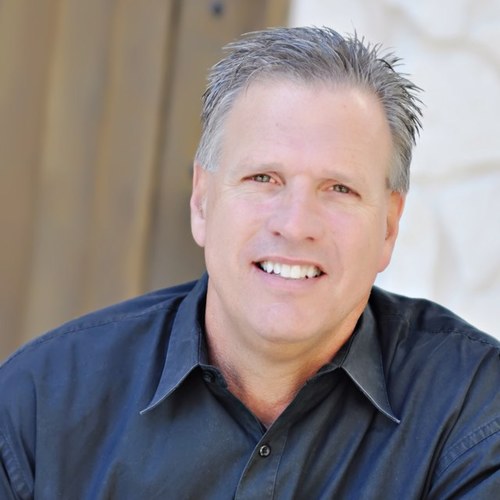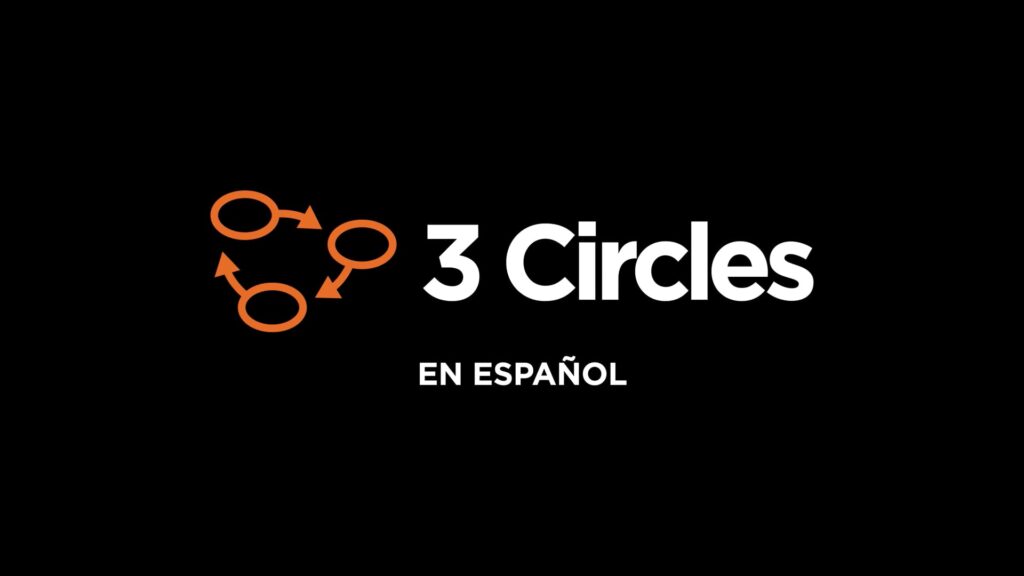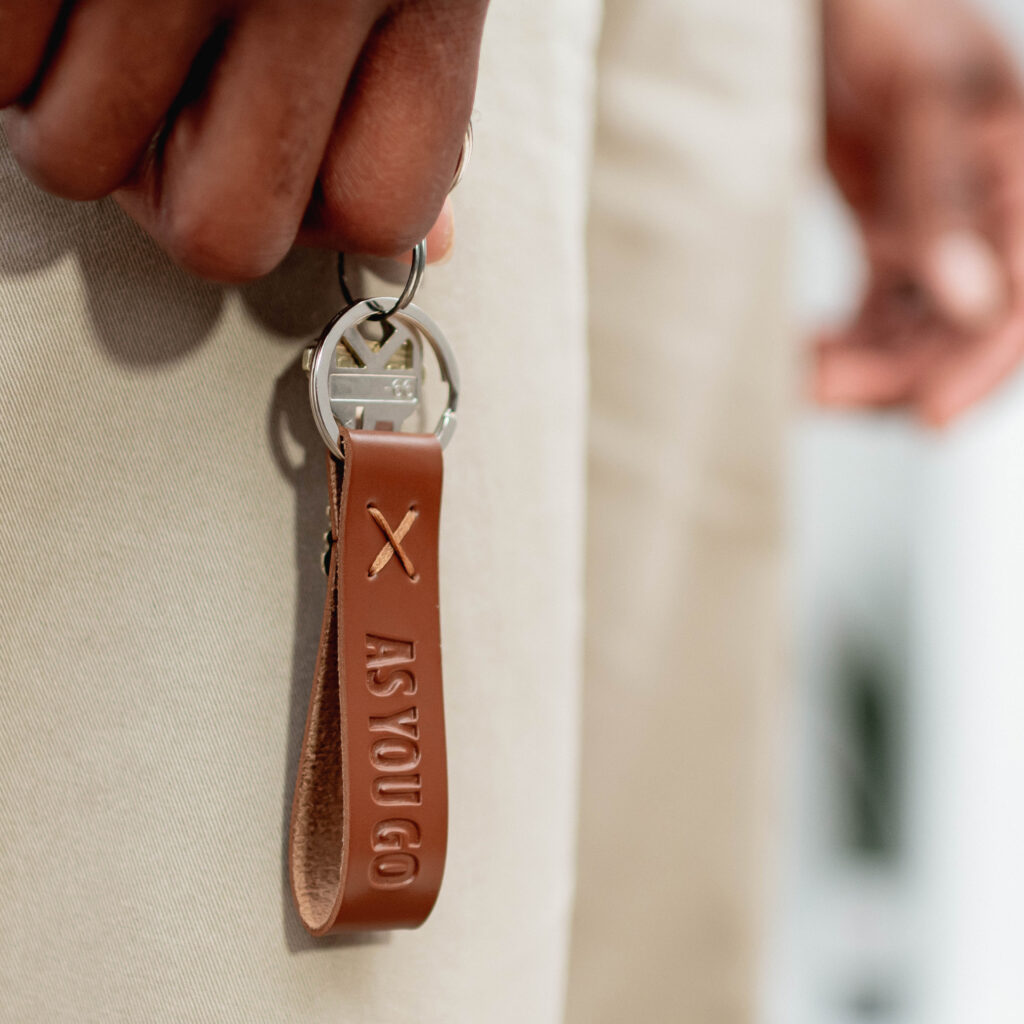We’re losing. Losing ground, losing influence and losing an entire generation of potential disciples in America. Our nation is looking very unchurched. With a staggering 300,000 evangelical churches in America, we should be getting the job done. Unfortunately, we’re losing the game! Like a great football coach who adjusts the strategy at half-time, pastors need to start leading, coaching and equipping their people to share the gospel. Scripture ensures that the gospel has enough power to change our communities, culture and nation. As pastors, we must simply change our strategy, and that change requires us to get back to the basics.
For far too long, we’ve relied on the attractional model of old where the national culture was friendly toward Christianity. Somehow, pastors have forgotten that Christianity was birthed and designed to be incarnational in our approach to reaching people for Christ. It’s certain, the future of the world depends on the average believer being able to proclaim the message of the Gospel.
Ed Stetzer addresses the need to trend away from the attractional model.
“But, as the trend shifts over the next decades, with fewer people open to on-campus events, discerning churches will become more strategic about doing evangelism though people who are living incarnationally in their workplaces, the kids’ sports leagues, and elsewhere in their communities.” Ed Stetzer
This is the way Jesus taught us. In one of the most powerful stories in the Bible – and one of the most often told – we have powerful principles for reaching people today in our communities. Jesus’ conversation with the Woman at the Well (John 4) has so much to teach us. And what Jesus was teaching His disciples that day is for us today.
Jesus gave us a gospel MODEL.
“…the Pharisees had heard that Jesus was making and baptizing more disciples than John…” John 4:1.
This is the context of how important the ministry of baptizing and discipling is. Jesus trained His disciples in it. While the baptism was certainly the baptism of repentance, as it precedes Jesus’ journey to the cross – it was clearly part of Jesus’ training for the disciples. He laid down a clear pattern for balance in ministry. There is the baptism that follows a heart decision, and there is a process of discipling that follows baptism. We tend to emphasize one over the other, but the model is one of balance.
Baptizing and discipling are like the two feet of every healthy person. You cannot walk well with only one. We must balance the ministry of the church to baptize and disciple. One without the other is unhealthy. It is important for the church to become a place where new believers are helped to maturity.
Jesus also demonstrated a gospel CONVERSATION.
“There came a woman of Samaria to draw water. Jesus said to her, “Give me a drink” John 4:7.
This begins one of the most fascinating conversations in history. Jesus leaped over every cultural barrier to talk to this woman. He defied the gender barrier, the racial barrier, the social barrier and every other cultural taboo in order to have this redemptive conversation with a lost woman.
Jesus conversed with her about life, sin and the Messiah.
He didn’t preach. Didn’t condemn or judge. He had a simple and direct conversation with a total stranger (humanly speaking). The gospels are filled with conversations between Jesus and individuals who were searching. He spoke with Nicodemas (John 3:1-5) Zaccheus (Luke 19:1) and the rich, young ruler (Mark 10:17). He conversed with people about eternal realities. It was part of His model for the kingdom, and Christ-followers today seem eager to do the same thing, they simply need to be taught.
Disturbingly, it is estimated that 95% of Christians have never had a gospel conversation with another person.Why is this? There are many reasons for this:
- Some are ashamed of Christ in an unfriendly culture, and don’t want to appear foolish.
- Others believe our culture is “too far gone” to care about salvation.
- Most people have no confidence in their ability to share the Gospel.
- We are too isolated from non-Christians and do not have opportunities.
- Some believe evangelism is only for those who are seminary trained or gifted.
- Many simply do not know how and have no one to equip them.
- Unfortunately, there are many who just do not want to do it.
Ultimately, when believers think in this way, these are signs of an unhealthy church. As pastors, we must ask ourselves, “What is my responsibility?” As a result, the gospel is losing ground in America and in our communities. Many have never heard the greatest story ever told. When Christians do not share their faith, the culture sinks into hopelessness.
However, there is hope. This trend can be changed in our communities and nation. The “gospel conversation” model is basic Christianity. Be a witness. Witnesses are catalysts for change in individual lives, in communities and in the world. You and I are called to this kind of conversation. When Jesus issued the Great Commission (Matthew 18:19-20), He commands us to talk to people everywhere about the gospel.
You can do this. In fact, you are called to do this. All of us are called to this! And if you’re a pastor 2 Timothy 4:5 commands you to lead the way. My ministry changed dramatically the day I realized my responsibility as a pastor. I began to equip our people with a very simple plan, called “Can We Talk?” After 3 years of equipping intently, the DNA of our church has dramatically changed and a vast majority of our people are effectively equipped to share – and are actually having regular gospel conversations in everyday situations. It’s been amazing to watch and I never get tired of all the different stories I hear about our people having gospel conversations.
There’s more.
Jesus shows us a gospel CONVERSION.
Jesus said to her, “I who speak to you am He (Messiah)” John 4:26.
In this conversation, He gets to the point – He’s the Messiah. This is also her conversion. She grasps Who He is clearly. We know this because of her immediate response to His statement:
- She goes and tells her village she’s met someone she believes is the Christ (v. 29).
- She brings them out to see Jesus (v. 30).
- She was actually leading a gospel movement by helping others believe (v. 39).
Many of us came to believe in Christ because someone had a gospel conversation with us. Regularly, I personally lead people to Jesus because people are broken, disconnected and empty – and when I begin having a conversation with them about Christ, they are intrigued and often interested. Very, very often – when we share the gospel, people are ready to place their faith in Christ!
Recently, on an airplane, I was seated next to a young woman heading home from a trip, and at a crossroads in her life. As we conversed, I began to share the gospel, and at a key moment, she said, “I want that! I need that!” There on the plane, she accepted Christ. As she told me her story, I was reminded that no conversation is random. Christ prepares people all the time to realize their need for Him. He also wants us to be ready to share the gospel wherever we are.
What began as a conversation turned into a gospel MOVEMENT.
Behold I say to you, lift up your eyes and look on the fields, for they are white with harvest” John 4:35.
Jesus takes the opportunity to make this key point to the disciples. As the men and women begin streaming out to the well to see this Man who had so radically affected the woman, Jesus told His disciples that this was what He was preparing them for – to plant seeds and to reap the crops of spiritual fruit through gospel conversations. This is how the first gospel movements began. It’s also the simple pattern for how Jesus intends His church to share the gospel. It’s not just a few of us who are needed – we’re all needed as witnesses.
The future of the world depends on the average believer being able to proclaim the message of the gospel in everyday conversations.
This encouraging season of my life and ministry began when I saw this model as the way to equip our church. At our church, we’ve trained more than 700 people through “Can We Talk?”. Our members are sharing their faith regularly and we are experiencing an amazing level of confidence in and commitment to the gospel.
I’m sure of this – the people in our community will hear the gospel. We’ve insured that by sending hundreds of witnesses out into everyday life and work. It’s time pastor! Let’s change the landscape of your churches by majoring on the one thing that matters the most – gospel conversations!
Live This is a three-week series created to help prepare churches to have gospel conversations. It provides resources and tools that will enable every believer to share the gospel with nonbelievers. Order now.
Published May 30, 2018




